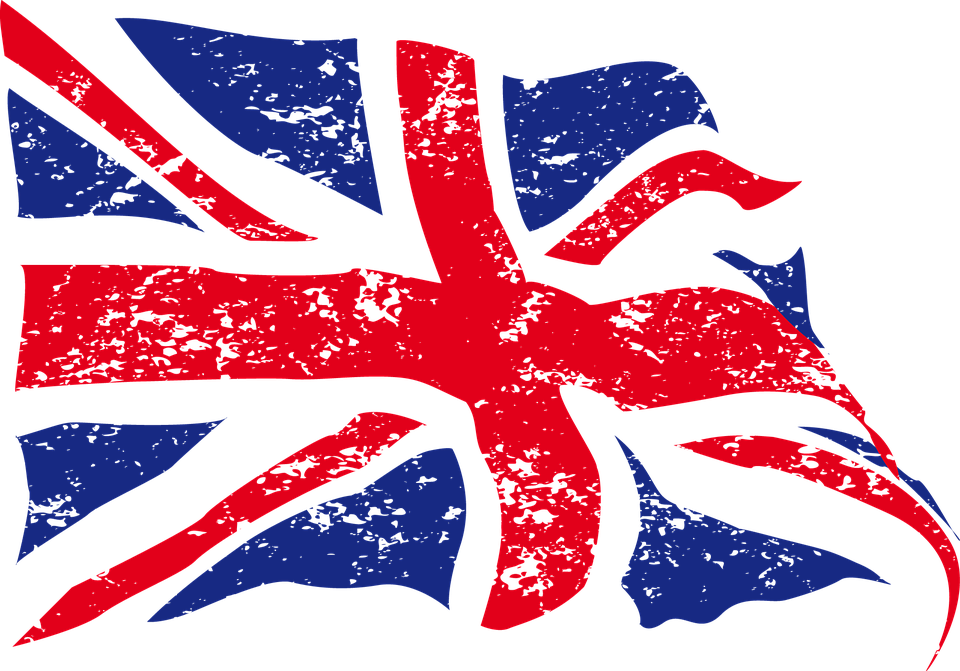The debate leading up to Britain’s historic vote to leave the European Union yesterday was intense, the rhetoric of nationalism much to the fore among those voting to leave. Nationalism being what it is – divisive, emotional – perhaps it is not surprising that violence would result: MP Jo Cox, a vocal supporter of remaining in the EU, was shot and killed a few days before the referendum. Those insisting that her murder had nothing to do with her political positions might consider why, when asked in court for his name, her accused killer, Thomas Mair, answered, “My name is death to traitors, freedom for Britain.”
They might want to consider, also, the extent to which we have a moral responsibility for the emotional reverberations of our rhetoric, the extent to which we point to the “other” as the source of our problems.
There are rational criticisms to be made of the EU: the bureaucratic reach, the entrenched global capitalism, and the reliance on the military industrial complex especially. The situation as it stands is far from ideal, but destabilization can be disastrous. The reasons given to remain have been presented, largely, economically – bu, more importantly, it has been emphasized that the role of the EU is peacekeeping. Ironic, given our actions in the Middle East? Perhaps, but keeping the Western nations from all rising up and blowing one another up – again – is pretty important. It’s no accident that those who oppose the EU on nationalist grounds have used language that is anything but peaceful.
Now, others who have argued for Brexit without drawing on xenophobic and jingoist rhetoric have emphasized the problem with increasing control over policy by “global elites.” But to argue against the EU as dominated by “elites” is almost pointless, given that the world has, usually, been run by elites of one sort or another. This is true in the United States as well, with the added irony that the supposed savior of the downtrodden populace is the most opportunistic of elites, and one who prospers greatly through the mechanics of global capitalism.
Plato’s wish that kings could be philosophers, and philosophers kings, is one I would be tempted to echo – except, I have known too many philosophers, and have briefly worked as one myself, so academic elitism is not a solution, either.
But the supposed populism in both Brexit supporters in the UK and in Trump’s fan base in the US is a ruse. We are instructed to ignore racist or xenophobic language, and to behold instead a desperate uprising of frustrated salt-of-the earth workers tired of being sold out, people in search of a savior, and dissatisfied with Jesus Christ, since Christianity isn’t, it turns out, all about prosperity, in spite of what the televangelists have told us – or maybe because the Jesus who is marketed in churches is often remote, unreal – either a soft abstraction, or a rigid conglomerate of rules. Nietzsche was on to something when he proclaimed the death of God, and the churches as tombs. In a religious vacuum idols arise.
And a lot of God-talk doesn’t mean there isn’t a religious vacuum, as Flannery O’Connor knew, writing of the “Christ-haunted” South.
This supposed populism we see now, rising in Western nations, is embroidered with Christian rhetoric, but it isn’t Christian. It masquerades as opposing elitism, but is elitist itself, because nationalism always involves privileging one group over another. Nostalgia for a past national identity is understandable, but it can become dangerous. Once the past has passed, one can not recreate it, without force. Or, alternatively, one can become a delusional madwoman sweeping about in a fifty year old debutante gown, waiting for a lover who will never come: either way, it means passing into the realm of the gothic, where violence always lurks. The gothic involves disguises, masks, and doubling. The hero often becomes the villain. The object of desire becomes an object of terror. There is something grotesque about the arrest to stop time, just as there is something terrifying about the urge to speed it up, to accelerate “progress.” Both are artificial and bad for life on earth.
Nationalism can be either conservative or progressive, but whichever mask it wears, it is an elitism, of a most dangerous sort, and one that can not co-exist with a Christian ethos. It is very different from a healthy love of one’s native soil – the actual soil, the actual people and animals and plants living in it. It is different from a shared cultural identity of hospitality, feasts, collective celebration and mourning, because culture is alive and growing, while nationalism is rigid as dead rock. And nationalism is usually quite content to blow all that real living stuff up, for the sake of some remote, frothy idea. It’s rarely even an interesting idea. It’s reducible to “make (County X) great again” or “us first!” How boring. And how lethal.
There is neither Jew nor Greek, there is neither bond nor free, there is neither male nor female: for you are all one in Christ Jesus.
image credit: https://pixabay.com/en/uk-flag-british-747290/. Public domain













